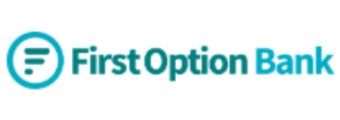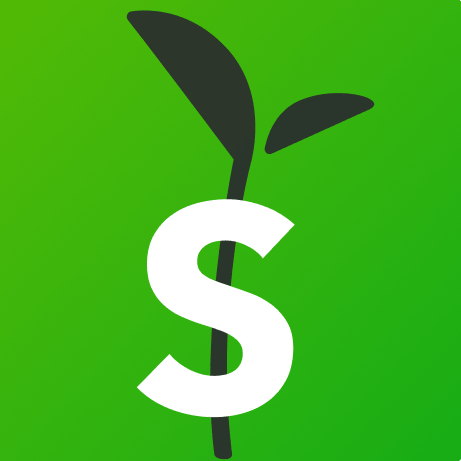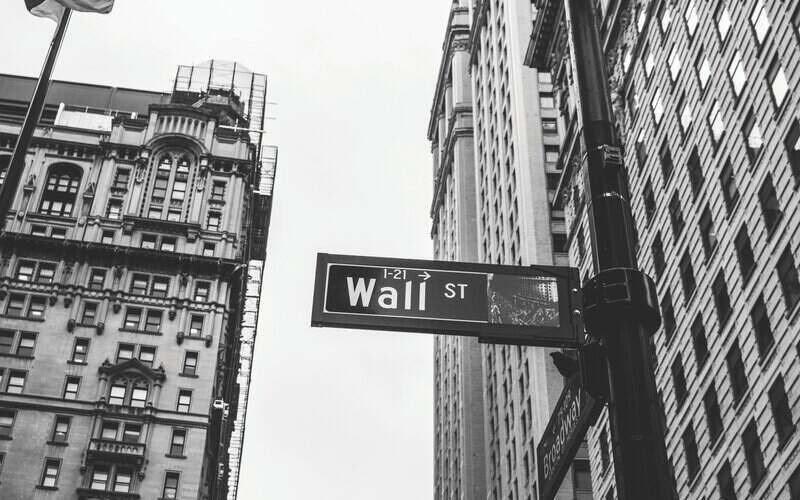With the post-Covid reopening effect beginning to fade, Aussies are beginning to spend less on discretionary items as interest rate increases filter through to household budgets.
This comes despite household spending in the June quarter accounting for nearly 54% of Gross Domestic Product (GDP), resulting in a lift of 0.9%.
Westpac Chief Economist Bill Evans said a slowdown in the growth rate of consumer spending is expected in the September and December quarters.
“The reopening effect will begin to fade, and the recent interest rate increases will start to impact households,” Mr Evans said.
“The impact on household finances from those two rate hikes in the June quarter (0.25% in May and 0.5% in June) will have been minimal.
“But by the September and December quarters, which have seen rate 0.5% increases in July, August, and September, the impact will be substantial.”
Earlier this month, CommBank Head of Australian Economics Gareth Aird said there is generally a three-month lag between interest rate rises and when consumers start to feel the impacts.
Westpac economists anticipate the cash rate to reach a peak of 3.60% in February 2023, highlighted by a further 125 basis points of increases.
GDP growth is expected to slow with the economists forecasting 1.0% expansion in 2023- to date, the annual growth rate of GDP in 2022 sits at 3.60%.
“The economy in 2023 will experience the full accumulated effect of the lift in the cash rate from 0.1% in April 2022 to 3.60% in February 2023,” Mr Evans said.
Mr Evans pointed to a number of negatives for the reduction in GDP in 2023 aside from cash rate increases.
“Other negatives for growth in 2023 are a limited further fall in the savings rate to below equilibrium as households continue to draw down those excess savings, a rise in the unemployment rate from 3.0% to 4.2% and a fall in house prices from peak to trough of around 16%,” he said.
See Also: Stagflation Explained
Australia not immune to global economic challenges: Treasurer
Speaking to ABC RN Breakfast, Treasurer Jim Chalmers said Australia is not immune to the recession risks faced by economies in the US, UK, China and Europe.
“Our expectation is that the Australian economy will continue to grow, but so will the challenges to the Australian economy,” Mr Chalmers said.
Speaking at the 2022 AFR Property Summit last week, Barrenjoey Chief Economist Jo Masters said the RBA will tip the Australian economy into a recession if interest rates are lifted in line with market forecasts.
“If the Reserve Bank follows market pricing, we will have an economy in recession and we will have house prices down materially,” Ms Masters said.
See more: Is Australia headed towards a recession?
Advertisement
Need somewhere to store cash and earn interest? The table below features savings accounts with some of the highest interest rates on the market.

- Bonus variable rate for the first 4 months on balances up to $250k and high variable ongoing rates.
- No fees and no monthly requirements to earn interest.
- Easily open an account online in 3 minutes.
Image by Will Porada via Unsplash








 Denise Raward
Denise Raward


 Emma Duffy
Emma Duffy
 Harrison Astbury
Harrison Astbury
